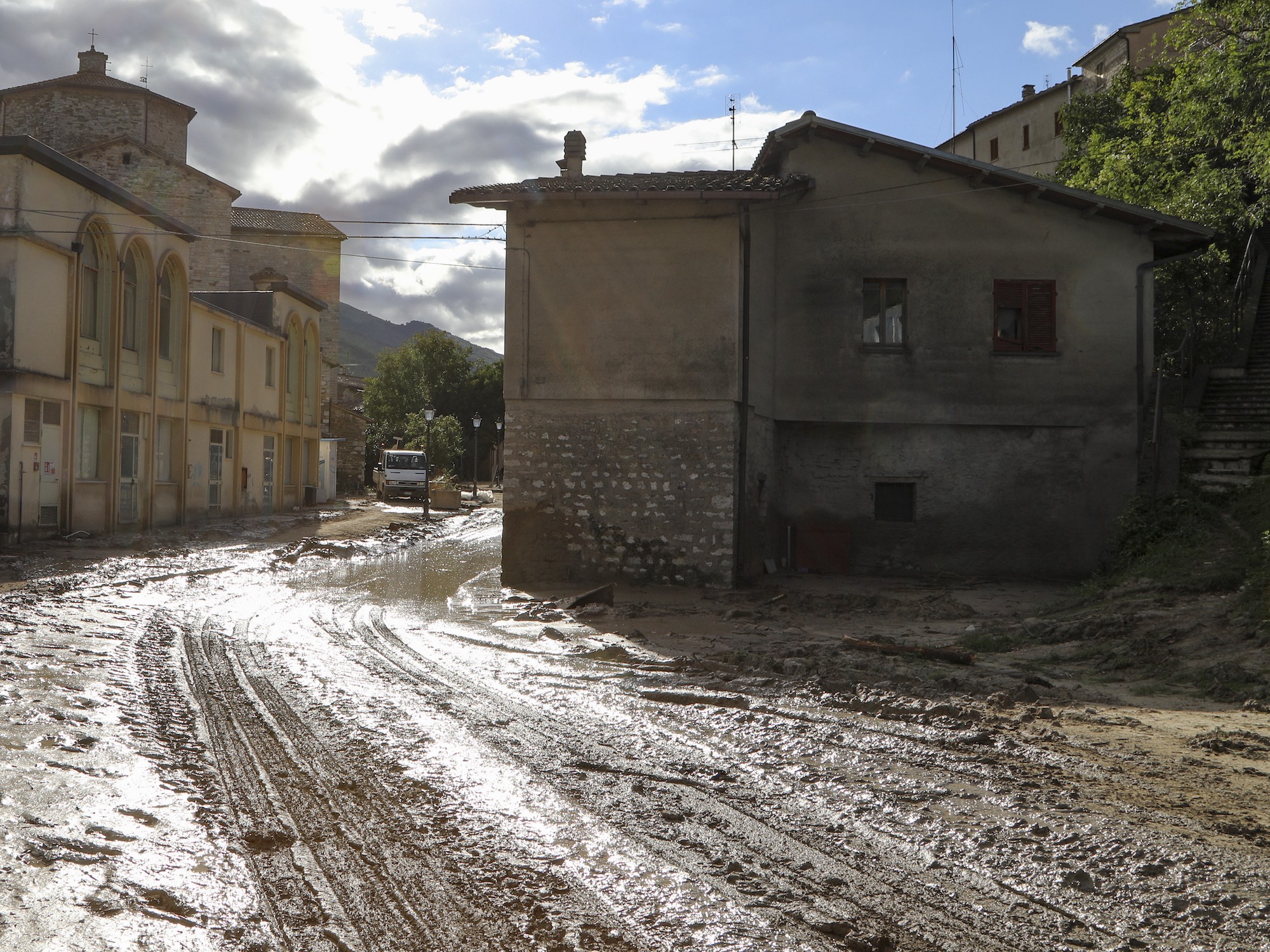The extraordinary session of UNFCCC negotiations to step up progress on the Paris rulebook opens on September 4 in Bangkok. The summit will last five days (until 9 September) and its result will be crucial for the success of COP24, which this year takes place in Katowice, Poland.
At COP24 countries are expected to adopt the rules and guidelines to make the 2015 global climate agreement operational.
“The Bangkok session is the last opportunity for all of us to advance the negotiations before we gather again in Katowice”, it is read in the preliminary notes released by UNFCCC. “If we use these few days in Bangkok effectively and efficiently, we will ensure COP24 can deliver a comprehensive, ambitious and balanced outcome that will mark a decisive step forward by Parties in the implementation of the Paris Agreement.”
Negotiations have been slow in the previous May sessions, due to the vast amount of technical details that have to be agreed to finalize the Paris rulebook and for frictions between states and negotiation blocks on key issues such as climate finance and reporting standards.
The Bangkok session was agreed in May because it was clear that more time would be needed as progress has been “uneven”, UNFCCC document says, “and in every area, it remains insufficient for completing the mandated work by December this year”.
The main goal of the upcoming climate conference is to agree on a preliminary draft of the rulebook which countries can easily negotiate on at COP24, “reflecting clear and streamlined options, and with sufficient detail for the outcome of the session to be swiftly turned into draft decision text”. If the Bangkok session ends without such results, “a satisfactory outcome in Katowice will be in jeopardy”.
Several issues are far from settled, with multiple options still on the table. Among others, critical negotiations are expected on the transparency framework, the global stocktake, the operation of the compliance committee, the institutional arrangements of the Adaptation Fund, the accounting rules for financial resources disbursed and used.
In the meantime, the Green Climate Fund (the key international body in charge of channeling climate finance flows under the Paris framework) is going through difficult times after the executive director Howard Bamseys resigned in July and the latest board meeting ended up without any new project approved for financing. Poland, the country host of COP24, has made clear that among the priorities of its mandate there will be the defense of the coal sector and the push on the key theme of just transition.
Among the positive signals, China and the EU released a joint statement at a key summit in Beijing, committing to push for agreement on the Paris rulebook. Disagreements between Chinese and European diplomats were among the reasons for previous negotiations to have stalled in the May session, Climate Home reports.
Despite the withdrawal from the Paris treaty announced by the Trump administration, in the United States, climate action from local governments and grassroots movements has not dwindled.
America’s Pledge initiative led by Michael Bloomberg and California Governor Jerry Brown continues involving states, cities, businesses, universities, and organizations, and in July released its Opportunity Agenda, a roadmap for bottom-up actions across ten sectors that can significantly reduce U.S. carbon emissions in the near term, in the absence of federal government policy.
A full analysis estimating the emissions reductions from policies and actions that can be taken by U.S. cities, states and businesses (titled 2018 U.S. Report on Bottom Up Climate Action) will be released in mid-September at the Global Climate Action Summit in California.
On September 8 the Peoples Climate Movement organized a march across the United States to demand “bold action on climate, jobs, and justice”.
Read more:
Bangkok session page on UNFCCC website
China-EU joint statement released after the 20th EU-China Summit on 16 July 2018






